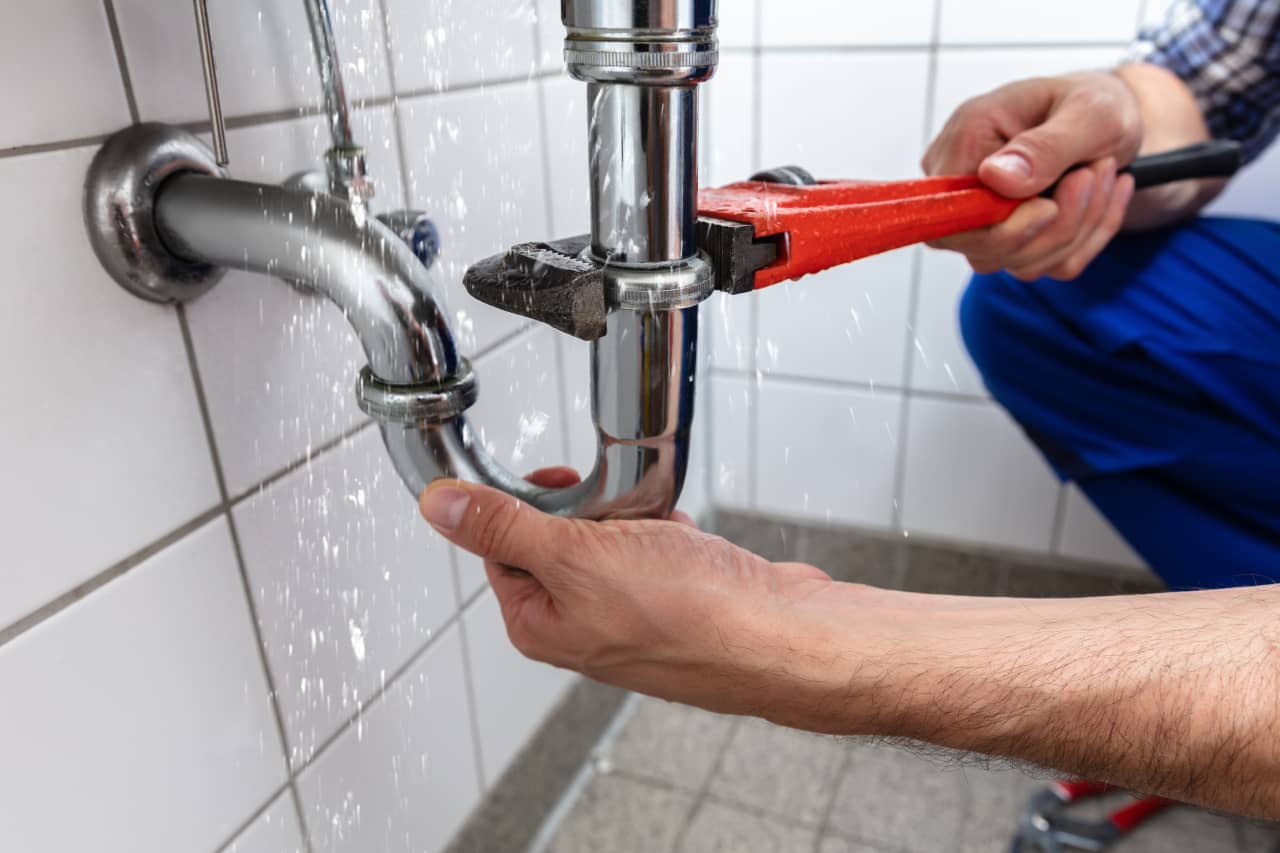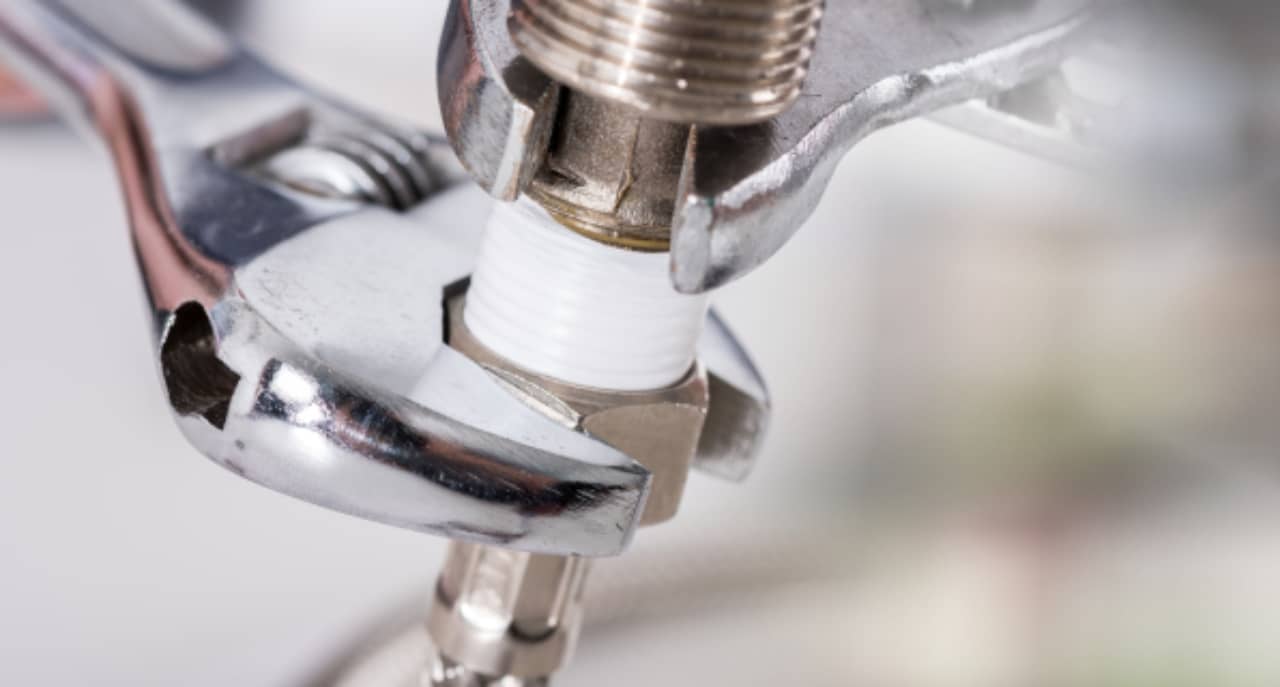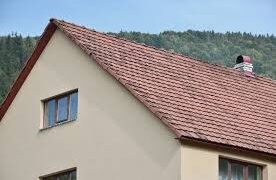Your home’s plumbing system is one of the most important parts of your house. With a good plumbing system, you wouldn’t have to worry about your water supply and draining anything to your pipes. However, some homeowners might not fully know how to take care of their plumbing, making things worse for their households.
Listed below are the household plumbing mistakes homeowners should stay away from:

1. Pouring Anything Down The Drain
Even if you think your pipes are wide enough, you should never throw anything down the drain, no matter how small they are. The more you add particles down your tubes, the higher the chances you’ll be clogging your drains, leading to a more significant problem.
While you might think that declogging would be easy as there are plenty of home remedies and chemical products you can use, some clogging issues might be more serious, making you call for professional help. If you have plumbing issues, hiring a professional like A-1 Sewer and Septic Service or other similar companies will help resolve your concerns.
To avoid clogging your drains, you should consider having a drain guard that can gather every particle before allowing them to reach your pipes. You can just throw away what your drain guard collects and put it back in the same position. Ideally, you should place them on your kitchen faucet and shower drain as you’re most likely to accumulate waste in that area.
2. Making Your Toilet A Trash Bin Alternative
While it might be easy to throw anything on your toilets as they’d go down quickly, you can develop more problems in the future, making you spend on intense declogging, repairs, and replacements. Even if you’re just throwing a small piece of tissue on your toilet, they can clog your toilets intensely. With that, having a nearby trash bin would be helpful to prevent yourself from throwing anything on it.
Ideally, you shouldn’t throw anything on your toilet unless it’s coming out from your body. You should keep yourself from throwing tissues, sanitary napkins, diapers, wet wipes, and tampons. While some brands might provide toilet-friendly materials, it’ll be better if you could just throw them out in the trash bin just to be safe.
3. Not Turning Off The Water

If you think you can act quickly by replacing a small valve while leaving the water supply often, you might find yourself soaked in plumbing water, which is never delightful. Before you do anything in your plumbing, you should always turn off the water to ensure no water would burst out open, causing more problems inside your household.
Apart from exposing yourself to a massive amount of water, it could also damage your hardwood floors or other house fixtures, causing you plenty of money. If you don’t like to waste money on additional repairs and replacements, turning off the water before any plumbing work would always be the best option.
4. Over Using Drain Cleaner
Having clogged drains is truly a headache, especially when you’re in a hurry. For a quick resolve, you might tend to use a drain cleaner as they can immediately unclog your drains in a matter of minutes. However, with their excessive use, you might allow yourself to face more significant problems.
While a drain cleaner can effectively unclog your drains, their chemical components could damage your pipes and walls, causing more significant damage. To prevent that from happening, you should consider using home remedies such as mixing vinegar and baking soda and using hot water to unclog your drains. While the process might take longer, it’ll ensure that your pipes are safe in the long run. Additionally, you can use a drain guard to prevent clogged drains from happening.
5. Experimenting On DIY Projects
If you’re just relying your knowledge on online videos about how you can fix your plumbing issue, ensure that you memorize every step and know what to do in case something else happens. You might also search for plumbing issues that should be handled by a professional to prevent damaging your pipes and drains more. While hiring can be an added expense, they can help guarantee excellent work, keeping your worries away.
When experimenting on DIY projects, ensure that you have all the right tools with you. Ideally, you should put them beside you to quickly grab them in case you need it. Moreover, you should also know the things you need to do in case your DIY fails. This will give you the perfect backup plan without flooding your home or cutting out your water supply completely.
6. Overtightening
You might tend to overtight everything since you’re too scared to end up with leaky or damaged pipes. While it can assure that no drop of water will come out of your lines, overtightening connections could lead to more significant problems for your plumbing system, causing more expenses for your household.
If you crank too hard with your plumbing connections, it might cause your pipes to burst since there’s too much pressure going on between every inch of their parts. While the problems might not happen right away, the excess force can break your pipes which can cause intense floods and severe home damage.
Additionally, if you tighten the hex too much, it might cause its parts to break since they can’t handle the pressure, you’re forcing them to have. Along with this, if you’re overtightening between porcelain or tiles, you can expect them to crack and break, making you replace them, which may come with an expensive price tag.
Conclusion
There are some plumbing issues in your household that you can simply DIY. However, if you don’t have the right tools with you, it’d be best to hire a professional to get the job done. In this way, you can ensure that they see every problem and provide appropriate fixes to keep them from happening.
On top of this, regularly maintaining your pipes will make sure that your plumbing system is in its best condition for as long as possible, eliminating any added cost for repairs and replacements.




